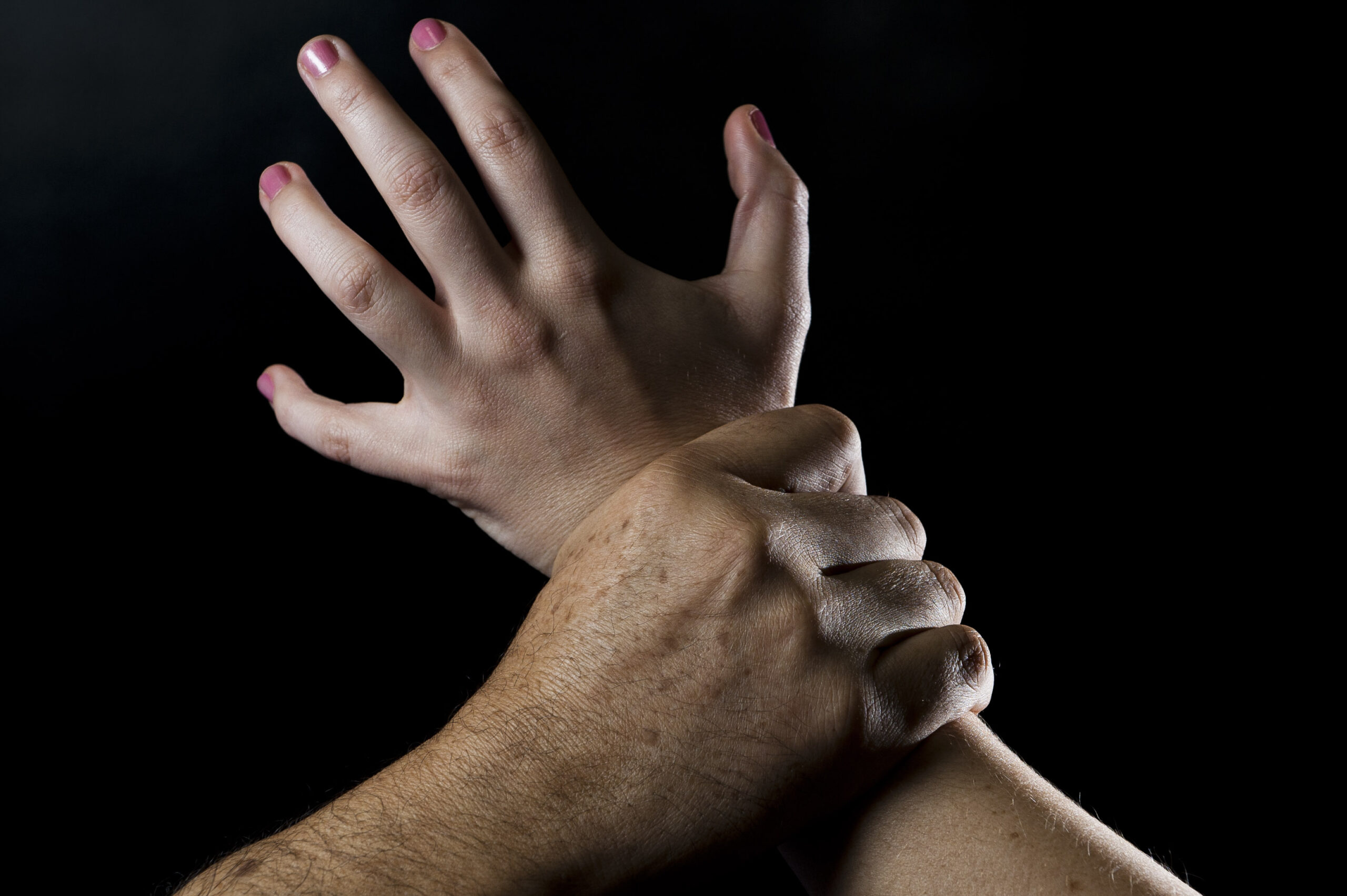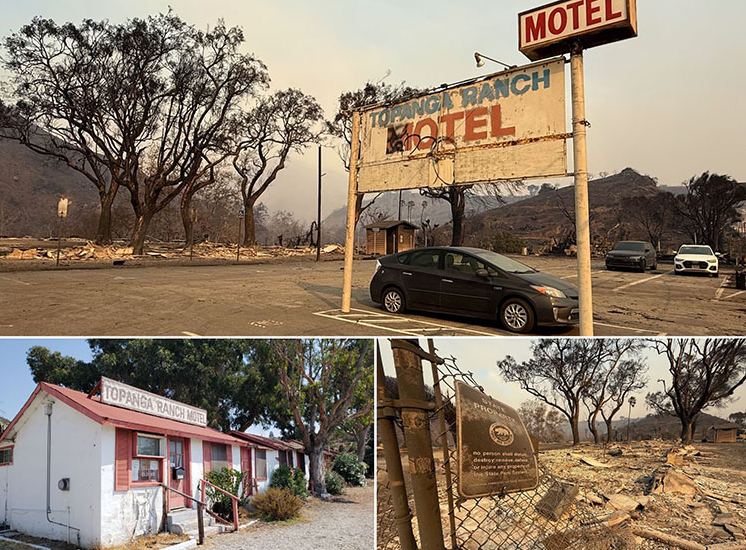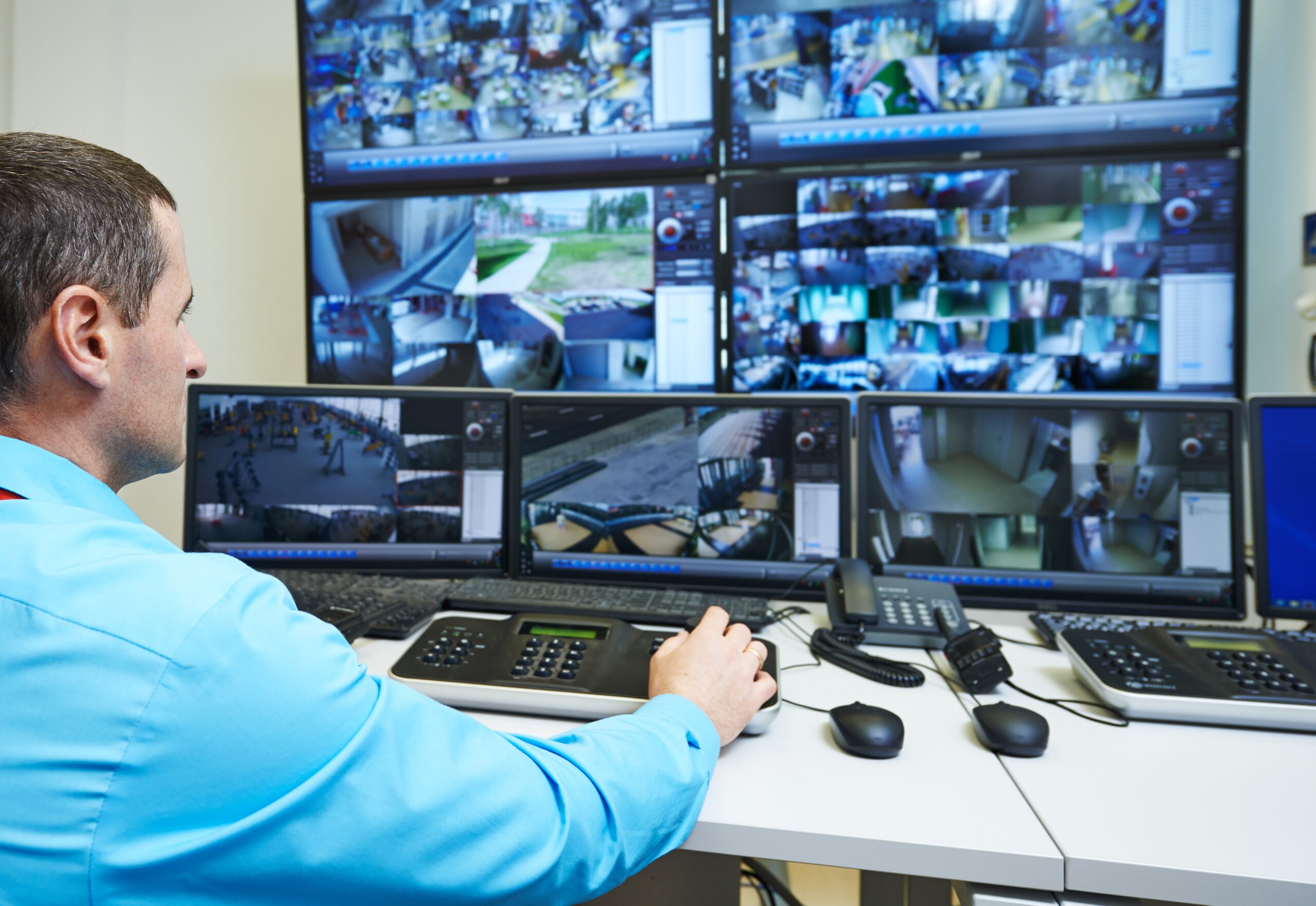Spring Break is here, and the college kids are about to ‘go wild!’ While we want you to enjoy your fun in the sun, we also promote personal safety for all individuals travelling this spring season, especially those who are on their own for the first time (#collegefreshmen).
AEGIS Security & Investigations is a strong proponent of campus safety. We have offered multiple takes on how college (and K-12) campuses can stay safe in light of various events, particularly active shooter situations, but we want to also stress the importance of personal safety for young adults.
In this blog, we point out three major mistakes young adults and college students make when it comes to personal safety as well as three “quick fixes” to those issues. Additionally, we offer a short list of supplies you should take with you wherever you travel for your break from the books.
Mistake #1: Trusting everyone you meet
Alcohol consumption aside, Spring Break is a common time for young adults to let loose and make new friends. Unfortunately, there is a heft side effect of blending the desire to meet new people with alcohol and other mind-altering substances.
Across the nation, college campuses have seen and addressed a rise in student-related sexual assault and rape. This has led many to create and implement threat assessment teams. However, when you’re not spending your break on campus, you need to be aware of the phenomenon of sexual violence.
First and foremost, what is sexual violence? The Rape, Abuse & Incest National Network (RAINN) defines sexual violence as “an all-encompassing, non-legal term that refers to crimes like sexual assault, rape, and sexual abuse.” These acts aim to harm a person sexually and physically and are often linked with other forms of abuse, including intimate partner (domestic) violence and sexual assault.
Sexual violence is one of the most under-reported forms of abuse. For those who have experienced it, the acts are unforgivable and often unspeakable. Victims have many reasons for not reporting, including fear of losing a job (particularly for workplace sexual harassment), fear of the situation becoming worse (like the cycle of intimate partner violence), fear of not being able to escape (again, common with IPV), and even fear of being judged as the party at-fault by those in whom they confide. In an article published at the height of the 2016 Presidential Election, CNN highlighted yet another Twitter campaign, #WhyWomenDontReport, in which personal testimonies unveiled the fear of reporting sexual violence as a victim.
Why does it matter if you’re partying on the beach? The statistics alone reveal that “date rape” is one of the leading types of sexual violence encountered among college-age victims. The people who attack are well-known friends, acquaintances, spouses and ex-partners in these scenarios. And, sadly, Spring Break makes for a prime situation to take advantage of people who are drunk or using other substances.
Thus, we have Prevention Tip #1.
Prevention Tip #1: Knowing and setting your limits
It seems simple enough, but the easiest way to prevent yourself from sexual violence, as well as other forms of assault, is to stay alert. Know who is around you, where you are going and are comfortable being, what is happening, and even where your nearest exit is at any location. From there, it’s simply a matter of self-monitoring (or establishing a Party Mom)
If you are legal to have a drink, have one. If possible, hang out with people who you know when going to new locations. Study Breaks offers additional tips here, so be sure to check those out before partying too hard!
Mistake #2: Leaving your personal belongings out
Especially for those who are travelling and staying in hotels, it is critical to ensure your belongings are safe. Theft is a leading problem for folks who are travelling, both at home and when out of town.
Identity theft can occur because you leave a wallet in your hotel room or by the pool, and it will have everything from your ID card to your credit cards. It can also take place as you are buying souvenirs and trinkets.
Physical theft can take place at home while you are gone as well as from your hotel room. Ensuring you left the house or apartment safe is critical to preventing a post-vacation headache. And while you’re away, ensuring your luggage is secure in the hotel room is necessary to preventing anyone from stealing your stuff.
Prevention Tip #2: Preventing theft
Identity theft
- Review all of your credit card statements. Yes, it can be hard to recall every single purchase you made, but even without receipts in hand, you will recognize completely incorrect charges. Double-check that the purchases were local to you. Look at the names of stores and ask yourself if that would have been a likely place for a gift purchase. If you traveled, make sure you are seeing purchases that were in that area. If you made online purchases, check the company names and the amounts associated with each purchase. Remember, catching a wrong record early (before paying the bill) can save you a lot of time and hassle in the long-run.
- Check your bank account(s) before and after you pay your holiday bills. Do the numbers match up? Is there a discrepancy? If someone has access to your bank data, they will likely try to drain the accounts or even simply pay off some of their larger outstanding bills.
- Respond to bank, credit card, and other alerts regarding potential improper charges and fraud alert. Many companies have built-in systems to confirm that you are out of town and making purchases outside of your home state. Others track your purchase patterns and will notify you when a unique (usually large) purchase is made. While they can be erroneous, they can also be the first sign that someone has your data and is committing identity theft. Be sure to respond to emails, texts and calls after confirming whether you made a purchase. Even informing the company that you made the purchase increases their abilities to fight identity theft and protects you for the future.
If you’re still having concerns about your data, you can use various online sites like hasmyidentitybeenstolen.com to see if anything pops up. In serious cases, you may want to consider hiring someone to track your records for you.
Physical theft
Porch Pirates
Protecting your shipments may be difficult if you aren’t home right away to pick them up, but technology can help.
- Install a security camera or camera+doorbell system (we like Ring systems) that is synced to your phone. You can view people who trigger the camera alarm or try to ring the doorbell to test whether you’re home. From there, you can even tell them to go away or you’ll call the police! Plus, having video evidence of the person who stole the package is likely to help deter the overall crisis should you report any such incident to local authorities.
- Avoid ordering items that will be shipped during a time when no one is home. This includes remembering to turn off elements like overnight delivery and Amazon Prime when you are gone for the weekend or out of town for the holidays.
- If you are using well-known package delivery services, see if they have pick-up services near you.
- Provide delivery instructions like contacting you upon arrival or have them leave the package behind a gate, fence, or wall.
Mail Theft
As close as Kern County, sheriff departments are reporting incidents of mail theft. Check out these tips to prevent your gifts from being snatched:
- Avoid sending cash in the mail. While you may want to give the kids in your family an easy, usable gift, it’s better to bring it to them in person or find a way to send it to them electronically.
- When it comes to bills, move online. Receiving paper statements may act as a good reminder, but if even one day’s worth of mail disappears, you may forget which bill was missed.
- If you are dropping off mail, do not just leave it in your mailbox. Especially if you are sending out your holiday cards and “small” gifts, it is best to drop them off at a Postal Service mailbox, mail slot, or even your letter carrier’s hand.
- Going out of town? Ask a friend to pick it up regularly (every day) or have the post office hold your mail until you return. Be sure to contact your local office as soon as possible to check their requirements and needs.
- Consider gifting yourself a locking mailbox!
- USPS now has Informed Delivery, allowing users to interact with their incoming mail and packages in one online location. You can receive email notifications containing images of the exterior, address side of regular letters.
Auto theft
While you may think your car is safe while sitting in the garage at work, at the mall, or even across the street from your friend’s house during a party, it may still be at risk. California is at the top of the list of states with the most vehicle thefts per year, and being in Los Angeles increases that risk. So, what can you do to prevent this type of theft? The National Highway Traffic Safety Administration offers these tips:
- Always lock your car with closed windows and be sure to take your key with you. Avoid trying to hide your key around the car, even if you think it will be safe.
- Park under a street light or in another well-lit area. The more light, the more likely you are to deter potential thieves.
- Do not leave valuables in your car. Even if they are hidden or in the trunk, they are susceptible to being spotted, and your car could be broken into. Valuables include phones, wallets, purses and big-ticket purchases (even the hottest kid’s toy).
- If you do need to leave purchases in the car that may be of value, be sure to lock them in the trunk or hide them under something if you have a rear window into the trunk space. Take the receipts with you so there is no chance of a thief trying to return items for cash and to prove that you purchased those items should you need to file a report.
- And for G-d’s sake, don’t leave your garage open.
For additional home safety tips, check out our favorite solutions here.
Mistake #3: Drinking and driving
Yes, we are going there. As a member of the Los Angeles security sector, we have seen what happens during Spring Break at clubs, lounges, restaurants, concerts, etc. People drink and think they are safe to drive. Well, even buzzed driving is drunk driving (just check out the campaign)
Prevention Tip #3: Do NOT drink and drive
It’s that simple. Don’t do it.
If you are planning on going out and having a drink or two (or three and more), plan your ride ahead of time. Take a car service, catch a cab, ask a friend to be the Designated Driver.
If you are the designated driver, keep an eye on your friends and know the signs of alcohol poisoning and keep an eye on them for other potentially harmful decisions.
If you are an establishment looking to reduce the risk of your patrons drinking and driving, hire a physical security officer who knows how to handle such situations. AEGIS Security & Investigations can help you here.
Lastly, as promised, here is AEGIS’ list of approved items to take with you wherever Spring Break takes you to ensure your best personal safety.
Personal Safety Travel Kit
Though it may not seems like a mechanism for defense, having a bright keychain flashlight on your keychain is a big deterrent. Many campuses continue to struggle with poorly lit walkways from the main campus building to parking structures and dorm sites. Having a bright light on and lighting your path at night makes you a visible presence for witnesses. Attackers don’t like the potential of people catching them in the act, so having a bright light to get you home after class can help in preventing an incident. Our CEO carrys and recommend this light:
Pepper spray can be carried in California by adults. Because use of it is not life threatening, it is a legally acceptable form of self-defense. Having a small canister on your keychain acts as visual deterrent and physical deterrent. Just make sure to carry it your hand ready to go if you need it. Digging in your pockets or purse never helped anybody in the midst of an attack. Anyone who has accidentally snorted any kind of pepper knows the pain that comes with the spice; seeing a clearly labeled pepper spray canister helps to notify potential assaultants that you are not going to be taken on without a fight. Furthermore, if you are attacked, spraying the perp in the face can quickly end the assault as they reach to rub the stinging liquid from their eyes.
Here’s a brand we like:
Also legal for the purpose of self defense in the state of California, stun guns can be carried to stop assault in its tracks. You just need to 1) know how to use it, 2) be prepared to use it, and 3) have it readily accessible when you need it. The electric shock of such an item will temporarily, but swiftly, immobilize an attacker without inflicting permanent damage. Check out this one:
Other things you should do to ensure your safety are relatively simple but incredibly useful:
- Carry your phone in your hand so it is visible. This lets others know you have 911 at the tip of your fingers.
- Do not be playing on your phone or texting. Being on a call is a good idea, but only if you are still aware of your surroundings.
- Keep the earbuds out of your ears. Look, listen and pay attention in dark settings.
- Keep your keys visible and in a strong grip if you are approaching your car. You do not want to hold them loosely (they could be stolen that way), but putting a key between two of your fingers in an “attack position” shows you are willing to defend yourself.
- Take lighted paths whenever possible. If a path is not well-lit, avoid it.
- Walk with friends.
Note that AEGIS Security & Investigations encourages you to research what items are allowed in your particular mode of travel as well as your places of travel. Personal safety devices may be restricted.
AEGIS Security & Investigations is a Los Angeles region company that is licensed and insured in the State of California to provide high-end armed and unarmed regular and temporary off-duty police officers, bodyguards, security officers, loss prevention agents, and event staff. Additionally, we offer services for private investigation, consultation, people locates, and background investigations. Our trainings and workshops in the field of security licensure and counter-terrorism have been featured in news media and are renowned for their efficacy. For more information or to contact us, visit www.aegis.com
By: Chelsea Turner & Jeff Zisner






